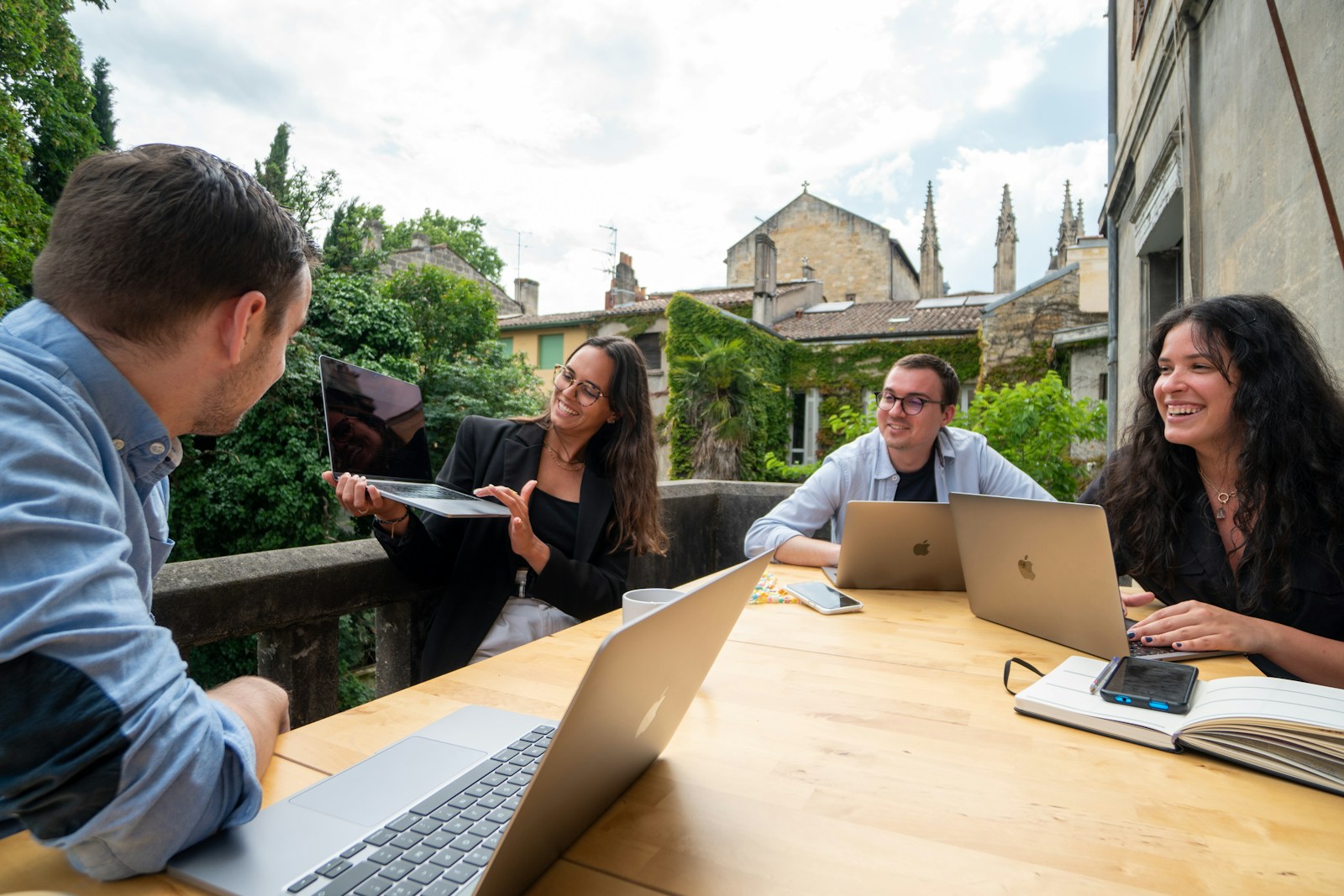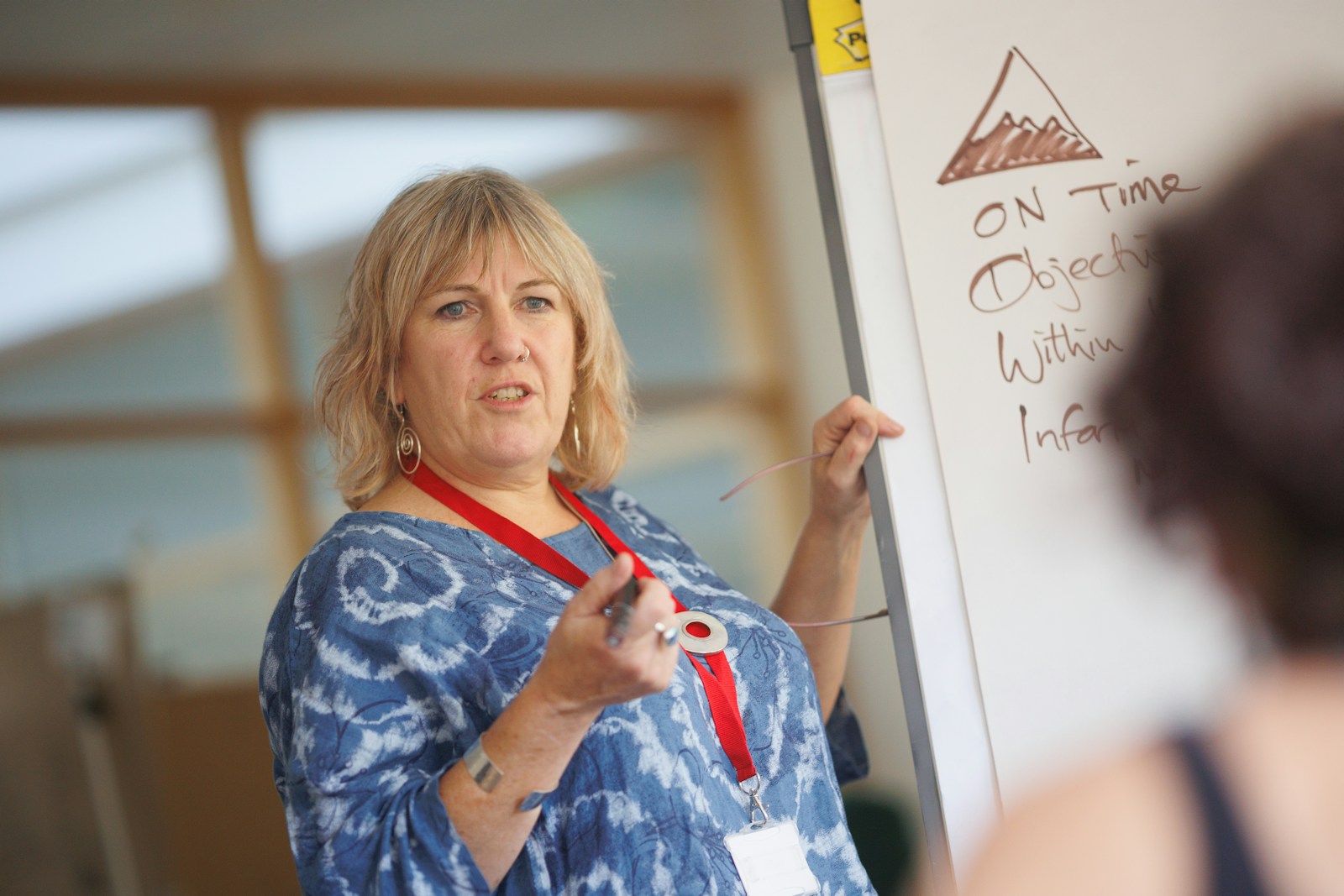Supporting expat students extends far beyond academics—it’s about nurturing emotional comfort, cultural understanding, and a sense of belonging. Unfortunately, certain missteps can derail even the best-intentioned support systems. In this guide, we’ll explore how to empower expat students effectively and highlight how Nestlers Group can play a pivotal role in this journey.
Understanding the Unique Needs of Expat Students
Emotional and Cultural Adjustments
Relocating to a new country often triggers emotional stress, culture shock, and identity disruption. Expat students may grapple with language barriers, unfamiliar social norms, and decreased self-confidence. Recognizing these pressures and offering empathy, consistent communication, and mental health support is vital.
Academic Integration Challenges
While language proficiency is frequently the focus, academic systems, teaching methods, and grading expectations can differ dramatically from what students are used to. Support should include orientation sessions, peer mentoring, and tailored guidance that addresses both academic readiness and classroom culture.
Building a Comprehensive Support System
Role of School Counselors and Mentors
Having a dedicated counselor or mentor—especially someone familiar with international transitions—helps expat students process challenges in a safe environment. Regular check-ins, academic advising, and emotional check-ins go a long way toward inclusive community-building.
Parental Involvement and Home Support
When families are informed and empowered, students feel secure. Schools should facilitate channels for parents to engage—through multilingual communications, workshops, or orientation events—so families can reinforce support outside the classroom.
Leveraging Community and Social Connections
Peer Networks and Expat Communities
Guiding students toward local expat networks and peer groups provides a dual benefit: social bonding and cultural learning. These communities often serve as informal support systems, helping newcomers feel grounded and less isolated.
Encouraging Local Cultural Immersion
Involvement in local clubs, cultural outings, and volunteer opportunities helps expat students develop personal confidence and sense of ownership in their new setting. Schools and organizations can coordinate such experiences or connect families with trusted providers.
Integrating Professional Help: Nestlers Group Services
Nestlers Group offers a wealth of services that go beyond legal and logistical aid—they help expat families truly settle, and that includes educational well‑being:
- Immigration, Relocation & Legal Support
Accessing legal residency, school enrollment, and completing necessary documentation is smoother with Nestlers’ seamless global mobility solutions. Their expertise minimizes bureaucratic friction, letting families focus on settling in socially and emotionally. - Intercultural Training & Community Workshops
Nestlers’ intercultural training sessions are designed to ease stress and reduce culture shock, helping families and children acclimate faster. They also organize events—like themed evenings and team-building activities—that foster meaningful social connections. - International School Placement Assistance
They offer guidance on selecting the right international school in Romania (or coordinating globally), helping families evaluate curricula, locations, and logistical needs. - Comprehensive Global Mobility Management
Nestlers assists with everything: visa processing, tax compliance, social security, and family integration—so students and parents can focus on the new life ahead. Their one-stop consultancy approach is especially valuable during transitions.
Avoiding Common Mistakes in Supporting Expat Students
Underestimating Emotional Stress
Many overlook the trauma of uprooting a student’s social and academic life. Without emotional support structures—from counselors, mentors, or intercultural training—students can experience disengagement or anxiety. Investing in emotional resilience is non-negotiable.
Ignoring the Need for Long‑Term Support
Support tends to fade after the initial orientation period. But cultural and academic adaptation often take months or even years. Sustained check-ins, peer programs, and community connections are vital for long-term well-being.
FAQs
What’s the difference between culture shock and homesickness?
Culture shock stems from adjusting to unfamiliar environments, while homesickness is yearning for home’s familiarity. Both are emotional challenges, but addressing context-specific symptoms matters—for instance, intercultural training eases culture shock, while peer support can combat homesickness.
How soon should support begin for expat students?
Ideally, even before arrival. Pre-departure sessions and orientation materials help set expectations. Nestlers recommends beginning legal and relocation preparations at least three months ahead for non‑EU families.
Can Nestlers help find suitable international schools?
Yes. They guide families in matching school offerings to academic needs, review enrollment requirements, and ease the cross-cultural setup for children.
Do intercultural trainings help for school integration?
Definitely. These sessions help children—and their families—understand local behaviors, ease communication, and reduce misunderstandings, making school life more comfortable and engaging.
How can parents stay engaged without overwhelming their child?
Offer structured ways to participate—e.g., joining parent-teacher events, receiving newsletters, or attending cultural days. Keeping communication open, informal, and consistent builds trust and involvement without pressure.
What’s the biggest mistake schools make with expat students?
One major slip-up is treating arrival as the endpoint rather than the beginning. Long-term emotional and academic check-ins are essential. Another is isolating services—like separate visa processes—rather than integrating them into overall student support.
Conclusion
Supporting expat students beyond the classroom is a long-term, multifaceted commitment. From emotional guidance and community bonding to legal support and school selection, it’s about nurturing the whole person. Nestlers Group is uniquely positioned to bridge gaps—offering immigration and relocation expertise alongside intercultural training and educational support. Avoid those critical mistakes, and you’ll help expat students not just survive, but truly thrive.
Connect with Nestlers consultants
Do you need immigration and relocation services or consultancy?
It’s easy! Use the below contact form and one of our experts will provide you an answer as soon as possible.
Our consultants can help you in obtaining legal documents and can provide you with assistance regarding the immigration processes, relocation, taxes and payroll, Social Security (European forms A1, S1, U1, etc.) for your employees.





